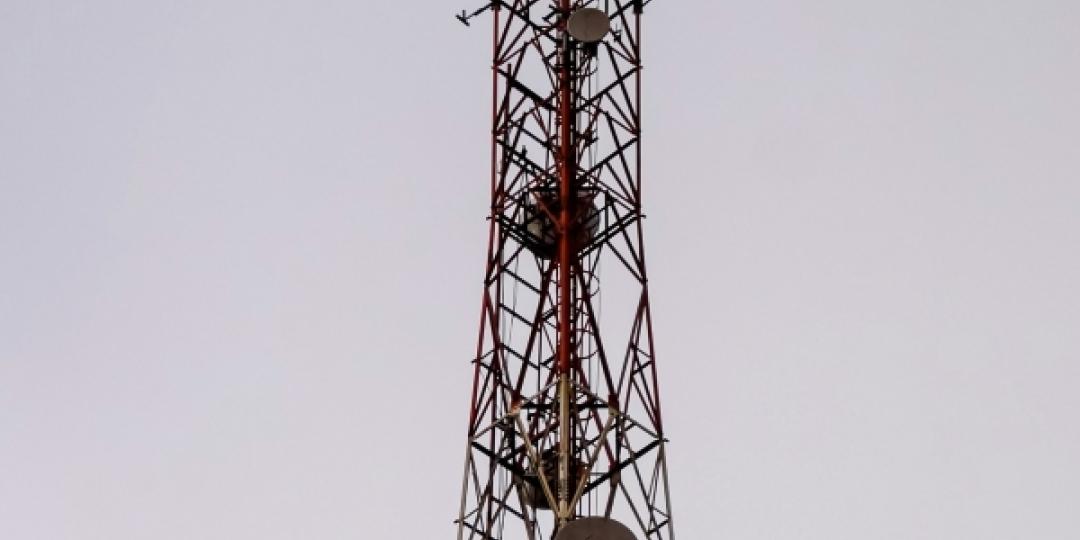By Muhammad Ali, managing director, World Wide Industrial & Systems Engineers (WWISE)
With data prices higher in South Africa than in many other African states, these companies should be more accountable to their customers. Yet this is not happening.
It has become clear that some companies prefer vendors to stay in the system despite performing poorly. The problem is that vendor and contract management auditing is lax, with contracts under a specific value not even going through the auditing process.
While most telecom firms have a division managing SHEQ (safety, health, environment and quality) and IT systems, ensuring consequence management and accountability in many instances needs to be more effectively implemented. Often, this is because auditors are too afraid to question the more prominent brands.
Too many auditors need more understanding of the industry and are reluctant to issue non-conformance rulings, especially to the larger telecom entities. The result is that these companies get away with non-conformance and substandard work.
Inexperienced and incompetent industry consultants cannot generate requisite documentation or know how to embed it to mitigate risks. This all begs whether the conformance certificates being issued are nothing more than “window dressing”.
Ideally, competent auditors who are not prone to intimidation should issue major non-conformances and request an action plan be presented in at most ten days. Should a company fail to demonstrate its ability to improve conformance, it should be suspended. Further, its suspension must be publicised on its website, and contractually, the telecoms company must communicate, with evidence, the suspension to all its clients.
 It is worth noting that these are standard requirements for certification bodies managed by accreditation bodies like the International Organisation for Standardisation (ISO).
It is worth noting that these are standard requirements for certification bodies managed by accreditation bodies like the International Organisation for Standardisation (ISO).
The change must come from the top if companies want to move away from dubious practices.
It needs strong leadership that understands the values of standards and best practices and ensures that these values filter through to every level of the organisation.
Additionally, a strong culture of consequence management for staff needs to be instilled. Those who do not conform to standards or take shortcuts should be hauled up and either disciplined or sacked. Importantly, the process of tackling procurement loopholes should be automated, thereby removing the risks of employee interference.
All this can be achieved through strict adherence to ISO standards.
Given that processes are being flagrantly ignored in South Africa’s telecoms sector, it is the only viable option, lest international investors take their business elsewhere. As it is, these investors already have second thoughts about the country due to its high crime and corruption, not to mention the ongoing energy crisis.
One needs only look at countries like Singapore and the United Arab Emirates to see the positive impact of standardisation.
The biggest value of ISO standards is that they create consistency in supplying products and services without overpromising. ISO management systems use a risk-based approach to making capital and operational expenditure decisions to improve both the business and customer service offerings.
Among the standards most applicable to the telecoms industry are:
- ISO 9001:2015 QMS – Control of processes and client satisfaction.
- ISO/IEC 27001:2022 ISMS – Control of IT and information-related assets and preservation of confidentiality, integrity and availability of information.
- ISO/IEC 20 000-1:2018 IT-SMS – Focus on IT server management.
- ISO 22301:2019 – Business Continuity. Contingencies for people, processes, and technologies, as well as a roadmap for improving processes.
- ISO 50 001:2018 EnMS – Energy optimisation and performance at telecoms companies.
- ISO 37001:2016 Anti-bribery management systems.














